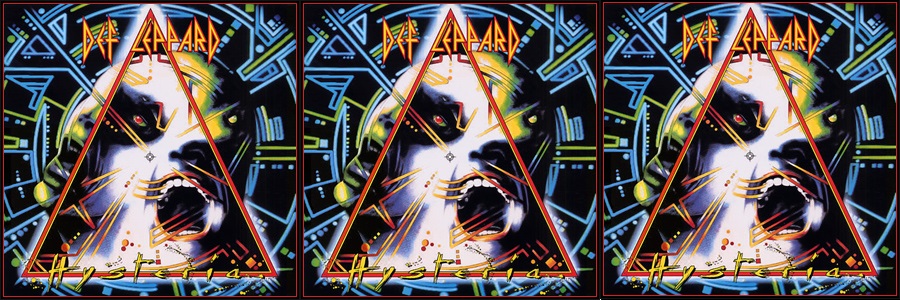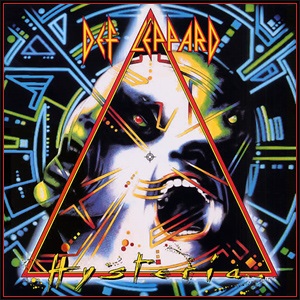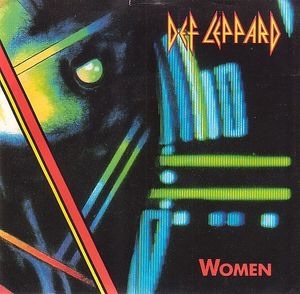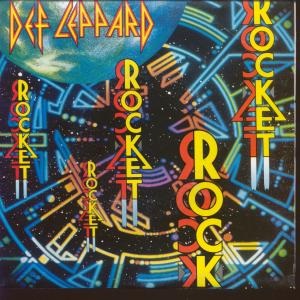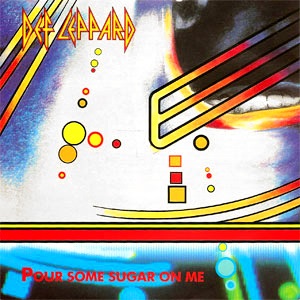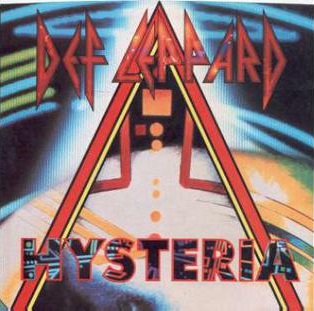The album that really earned Bon Jovi mainstream popularity as a band was Slippery When Wet. First released on Monday, August 18th, 1986, the album became commercially successful that surpassed many other popular acts of the time. Join us as we step through the ten songs that were a part of that original release.

Let It Rock launches the Slippery When Wet album with an instrumental introduction followed by harmonies that kickoff the attitude the band wanted to announce with energy, exuberance and the love of a hard rock, pop-metal sound that the band was announcing that they were giving.
You Give Love a Bad Name charted #1 in the United States and #14 in the United Kingdom. This song was the first written in collaboration with Polygram Records executive Derek Shulman, who “thought the key was big choruses” for Bon Jovi to make it big. The writing collaboration of Desmond Child with Jon Bon Jovi and Richie Sambora really worked here.

Livin’ on a Prayer charted #1 in the United States and #4 in the United Kingdom. The story of a hard to be love affair for Tommy and Gina, striking “a chord with America’s youth, especially the ones from New Jersey. The characters in the song relate to the working-class fans Bon Jovi played to.” The underlying story combined with the chorus and harmony resonated much for me when first hearing this song at 11-years of age.

Social Disease is lyrically references to the thirty-two flavors of Baskin Robbins and the drinker that was Little Richard‘s Long Tall Sally in making the case that love is a compelling and overpowering emotion.
Wanted Dead or Alive charted #7 in the United States and #13 in the United Kingdom. The motif of the band casting Jon Bon Jovi as the modern-day, gritty cowboy from the American frontier translated the notion of a touring rockstar well. Jon Bon Jovi and Richie Sambora wrote this song about “performing to lots of people who all blended together after a while.”

Raise Your Hands is a song about the risk, the stepping forward and the need to confront potential hurt of failure when pursuing love. Raise Your Hands is sung from the perspective of one pursuing the promise of love while raising the same stakes from a romantic partner, metaphorically not unlike a game of cards.
Without Love is the song of two young people who had known the splendor and the pain of love. Both see the risks and the benefits love, sharing their shared faith in a song praising devotion to the longing for romantic belonging.

I’d Die for You offers an interesting ballad-like messaging to a decidedly up-tempo sales pitch for the message of love-suicide within William Shakespeare‘s play Romeo and Juliet. While Jon Bon Jovi as singer offers a dedication similar to the portrayed love-suicide of the play, that the song’s message is blue collar, speaking strictly to the couple and more about the perceptions of friends than family, dedicating love before life definitely stays true.
Never Say Goodbye offers full-blown ballad aimed at fondly remembering the affections of a first love in high school. In ways that were attempted with the song I’d Die for You, Never Say Goodbye hits a clear point of emotional resonance for me wherein I relate more to a sense of felt love. Bon Jovi gave us a very strong song here.

Wild in the Streets brings Slippery When Wet to an end with an anthem of sorts to youth and the hunger to feel and experience all that life had to offer. There’s a definite joy and enthusiasm to the sound and the message that serves as a toast to a time of testing limits and living to feel. Cheers!
Matt – Wednesday, August 17, 2022

